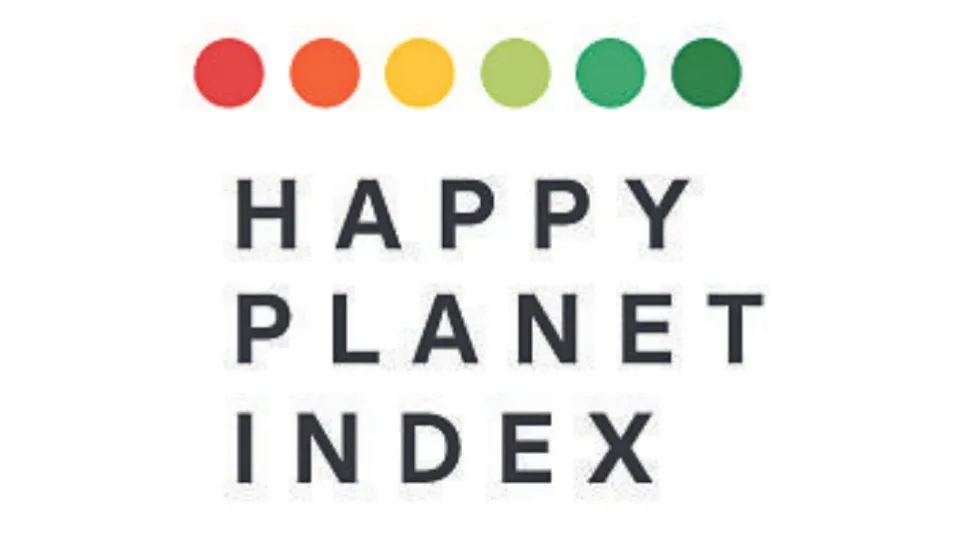
Bangladesh has seen a significant fall in its global ranking, dropping 40 places to 68th out of 147 countries in the latest Happy Planet Index (HPI).
The report, prepared by the Hot or Cool Institute in Berlin, raises concerns about the country's ability to balance life expectancy, self-reported well-being, and carbon footprint.
Released on Thursday, the data highlights Bangladesh's performance across key indicators. Despite ranking 76th in life expectancy with an average of 72.4 years, the country faces challenges in self-assessed well-being, placing 125th.
However, Bangladesh performs better in terms of carbon footprints, ranking 13th in this category.
The latest findings of the HPI strongly suggest that increased consumption does not necessarily lead to better well-being.
Excessive consumption not only damages the planet but also fails to improve people's lives.
According to the study, now in its 6th edition, healthy and fulfilling lives can be achieved without harming the environment. It assesses how countries worldwide manage the health and well-being of their citizens while respecting ecological limits.
This year’s top performers in the HPI include Vanuatu, Sweden, El Salvador, Costa Rica, and Nicaragua.
On the other hand, the Central African Republic, Botswana, Lesotho, Afghanistan, and Chad are at the bottom of the rankings. Croatia, China, Malaysia, Algeria, and Lithuania have shown the most improvement in their HPI scores from 2019 to 2021.
Notably, no country achieves an excellent score in all three components of the HPI. However, the leading countries excel in providing health and well-being while keeping carbon footprints per capita low.
The report points out how countries with similar environmental impacts can have significant differences in their citizens' quality of life. For example, despite similar carbon footprints, the Netherlands enjoys a higher adjusted happy life years score compared to Botswana.
Furthermore, the HPI challenges the idea that Gross Domestic Product (GDP) alone reflects societal prosperity. Six out of ten countries with the highest per capita GDP score below average on the HPI, indicating a gap between economic growth and overall well-being.
This year's publication also examines HPI scores among income groups within countries. It reveals that the wealthiest 10 per cent often have lower HPI scores than the rest of the population, suggesting that their higher carbon emissions do not correlate with greater well-being.
Dr Lewis Akenji, executive director of the Hot or Cool Institute, stresses the need to address wasteful consumption and inequality, which intensify the planetary crisis.
He states, "We need to focus on wasteful consumption and inequality, which exacerbate the planetary crisis. We must scrutinize proposed technological and economic climate solutions that primarily benefit the wealthy."
The research emphasises the importance of redefining success metrics, highlighting the need to prioritise social and environmental well-being alongside economic prosperity. As countries face sustainability challenges, adopting a balanced approach is crucial for a prosperous future.